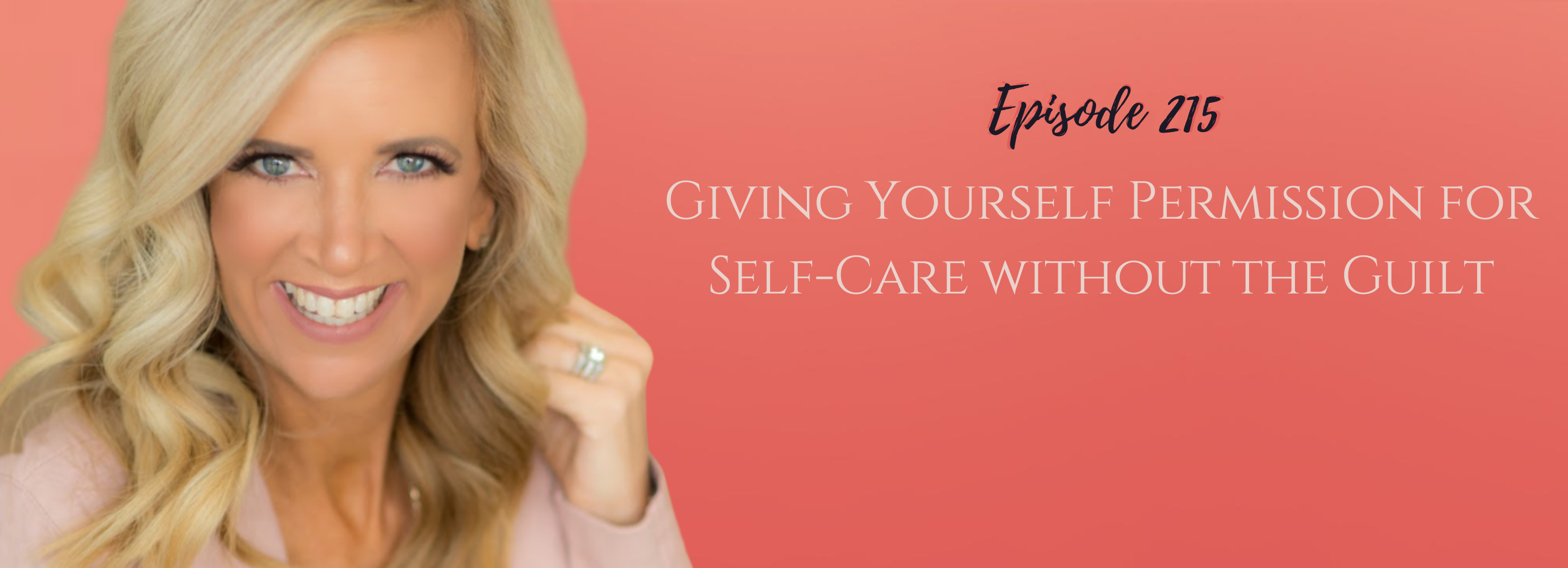
Giving Yourself Permission for Self-Care without the Guilt with Taylor Elyse Morrison | 5.31.2022
In this episode, Kristen talks with Taylor Elyse Morrison, a founder, facilitator coach, and serial entrepreneur, about the importance of self-care and the journey to becoming one's own self-care expert.
They delve into various self-care practices and strategies for nurturing personal well-being without guilt or shame.
You'll Learn
- The importance of holistic self-care in maintaining overall well-being.
- How to work through guilt and shame associated with self-care.
- Taylor's journey in developing the Inner Workout program
- Evidence-based strategies for practicing self-care
Resources
For counseling services near Indianapolis, IN, visit www.pathwaystohealingcounseling.com.
Subscribe and Get a free 5-day journal at www.kristendboice.com/freeresources to begin closing the chapter on what doesn’t serve you and open the door to the real you.
This information is being provided to you for educational and informational purposes only. It is being provided to you to educate you about ideas on stress management and as a self-help tool for your own use. It is not psychotherapy/counseling in any form.